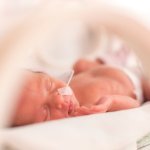
News • Respiratory research
Preterm birth increases risk of asthma or COPD
A new study from Finland and Norway shows that babies born preterm are more likely to have asthma or chronic obstructive pulmonary disease, COPD, in adulthood.

A new study from Finland and Norway shows that babies born preterm are more likely to have asthma or chronic obstructive pulmonary disease, COPD, in adulthood.
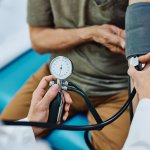
A new study led by the University of Edinburgh has identfied areas of the brain susceptible to damage from high blood pressure, affecting memory loss, thinking skills and dementia.
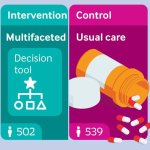
An international study has shown how a decision tool for health professionals has proved capable of halving the use of antibiotics against urinary tract infections while maintaining patient safety.

UK researchers have shown that misophonia, a condition where those affected show a strong negative reaction to everyday sounds, may affect almost one fifth of the general population.

The 2022 summer heatwave resulted in a fifth of UK hospitals being forced to cancel operations during the three days when temperatures soared, a new study reveals.
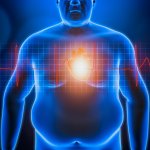
New research has debunked the idea of an “obesity paradox”, whereby overweight or obese patients with heart failure are less likely to end up in hospital or die than people of normal weight.
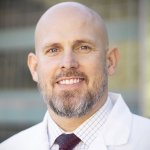
Chatbots become popular resources for cancer information - but are their results accurate? Researchers evaluated the reliability of ChatGPT’s cancer information.

Do you feel like time sometimes flies, or can drag on when you're bored? A recent study by academics at Royal Holloway shows how our heartbeats can lead to distortions in our perception of time.
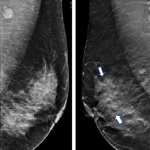
In a study of over a million women, digital breast tomosynthesis (DBT) showed improved breast cancer screening outcomes over screening with standard digital mammography alone.

New research suggests most people don’t understand the difference between a preprint and a published academic journal article. Here is the distinction between the two – and why it is important.
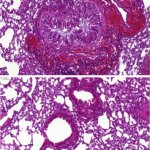
French scientists are developing and testing a new vaccine to combat allergic asthma. Their latest study results pave the way for the organization of a clinical trial.
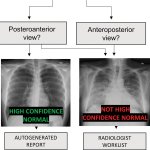
An artificial intelligence tool can accurately identify normal and abnormal chest X-rays in a clinical setting, according to a new study. The tool identified abnormal X-rays with a 99.1% sensitivity.

According to Dutch researchers, people with low income are up to 1.5 times more at risk of a heart attack or stroke than their wealthier compatriots. Ethnicity was also identified as a risk factor.
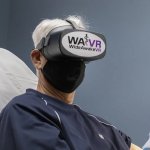
Patients immersed in virtual reality, while undergoing wide-awake surgery experience more joy and less anxiety than those in a traditional operating room setting, according to a new study.

Predicting a Covid-19 infection from the sound of a cough? Researchers found that technology using Machine Learning performed no better than simply asking people to report their symptoms.
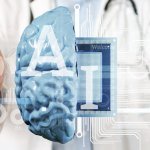
After 25 years of AI health tech research, computers are slowly beginning to listen to patients. This is the conclusion of a review of a quarter of a century's worth of studies on the topic.
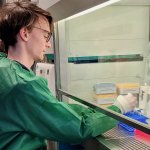
A new study confirms that haematopoietic stem cell transplantation can be used to cure patients with HIV infections. This third successful case gives new insights into the underlying processes.
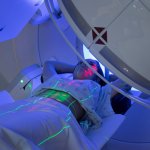
Radiotherapy does not improve survival rates in older patients with early breast cancer, new research suggests.
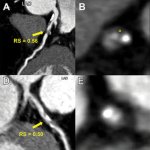
Researchers developed a radiomics model that uses information from coronary CT angiography images to assess coronary plaque vulnerability, a common cause of heart attacks.
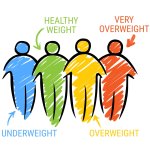
England’s National Child Measurement Programme (NCMP) is designed to tackle childhood obesity. However, a new study suggests it might give rise to mental health problems in children.
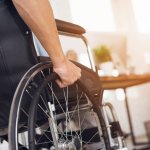
Researchers at the University of East Anglia are launching a project to make laboratories more accessible for people with disabilities.
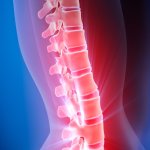
New research will bring together scientists from across the globe to accelerate fluorescence-guided surgery for bone cancer patients. The upcoming trial is focused on the dye indocyanine green (ICG).

According to an international group of researchers led by Leiden University Medical Center (LUMC), patients experience 30% fewer serious side effects when medication doses are tailored to their DNA.
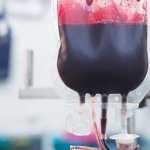
A new blood product combining red blood cells and plasma in one bag is associated with a better survival from a penetrating major trauma injury, a new study has found.

Experiencing three or more concussions is linked with worsened brain function in later life, according to new research. However, negative effects may already appear after the first injury.